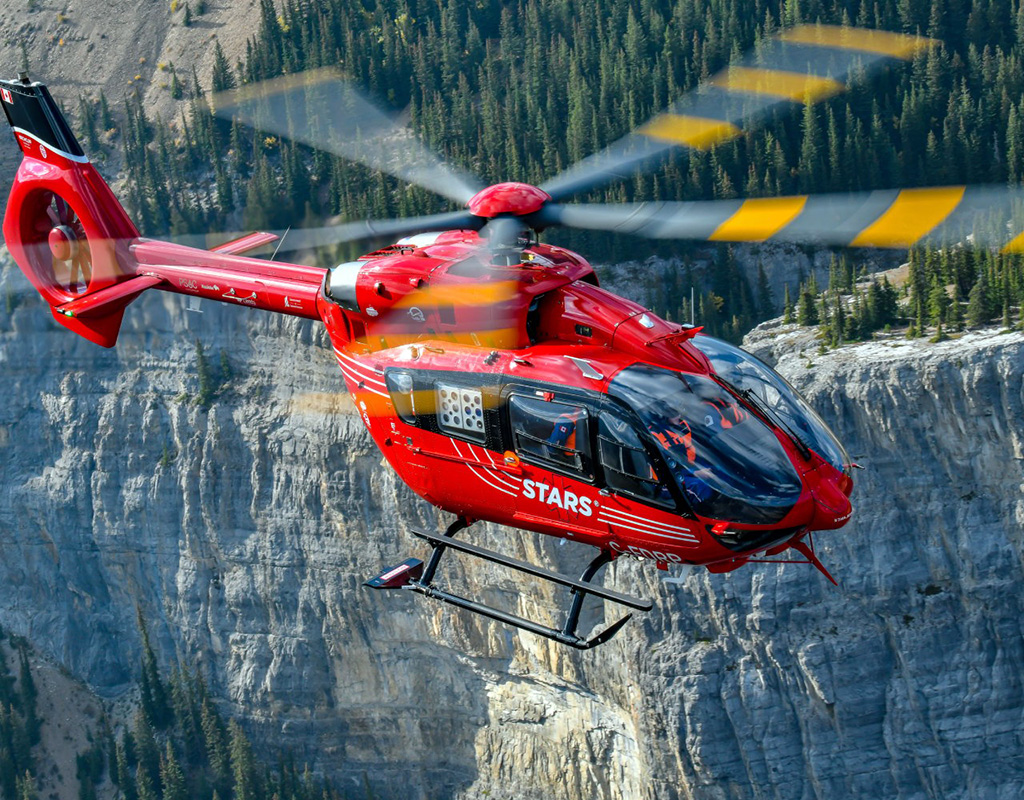
A Saskatchewan newborn baby needing critical care was recently helped by STARS as the organization completed its first ever helicopter neonatal intensive care transport in Saskatchewan.
A major accomplishment for STARS, the new equipment used in the mission received approval late last year, and when the need arose in December 2023, STARS crews were able to respond.
“The unique aspect of this child being born out of hospital, was there were a lot of logistical challenges to overcome, with a lot of moving parts behind the scenes. All of the various care providers involved really worked hard to reach that end goal of getting baby safely and quickly to the Regina General Hospital NICU Department; it was inspiring,” said STARS flight paramedic Ryan MacMillan.
Before implementing this new innovation, STARS was able to provide transport for the NICU team and their isolette, dropping them off at the patient’s side, after which they would return home by ground ambulance.
During these previous missions the isolette was considered “cargo,” and was not ever used for transporting the infant in the helicopter.
Knowing the need would arise to transport an infant eventually, in 2021 STARS began the many preparations to ensure crews could safely undergo the process.
When the most recent fleet upgrade was occurring, a new interface was designed within the helicopter to ensure that the isolette, including the infant and their medical team, would be safe and secure for transport.
Once designed, STARS sought approval by Transport Canada in order to use it on missions. While that process was occurring, STARS also worked closely with NICU teams so they could gain time and experience in the helicopter including running practice missions.
“STARS is always looking for new ways to provide the highest level of care to our youngest patients,” said STARS president and CEO Katherine Emberly.
“When a joyous moment, like the birth of a child, takes a scary turn, families across the prairies can rest assured that a team of STARS critical care specialists are on their way with the best equipment possible.”
This first of its kind mission was carried out by veteran STARS flight crew members Mike Rogers, Greg Chorney, and Ryan MacMillan and the NICU specialty team from the Regina General Hospital.
The specialized helicopter configuration needed to transport the isolette was implemented by STARS transport physician Dr. Tom Elliot and Colleen McGeough.
STARS thanks the Saskatchewan Health Authority, local health care providers including the Regina NICU team, and community members whose ongoing support ensures that this technology is available to all STARS patients. Partnerships enhance and improve current processes by leveraging each organization’s strength to create collective, positive outcomes.

